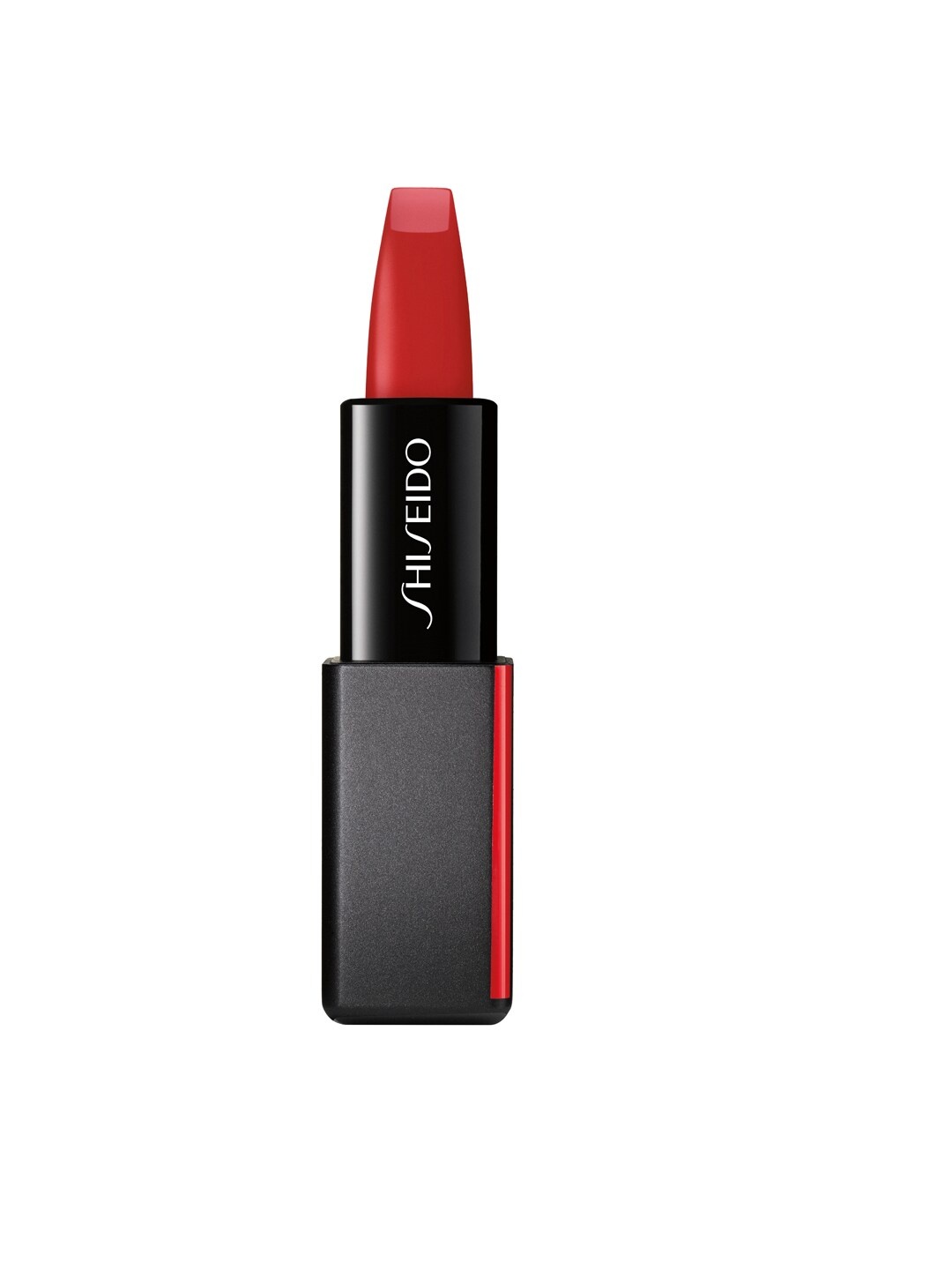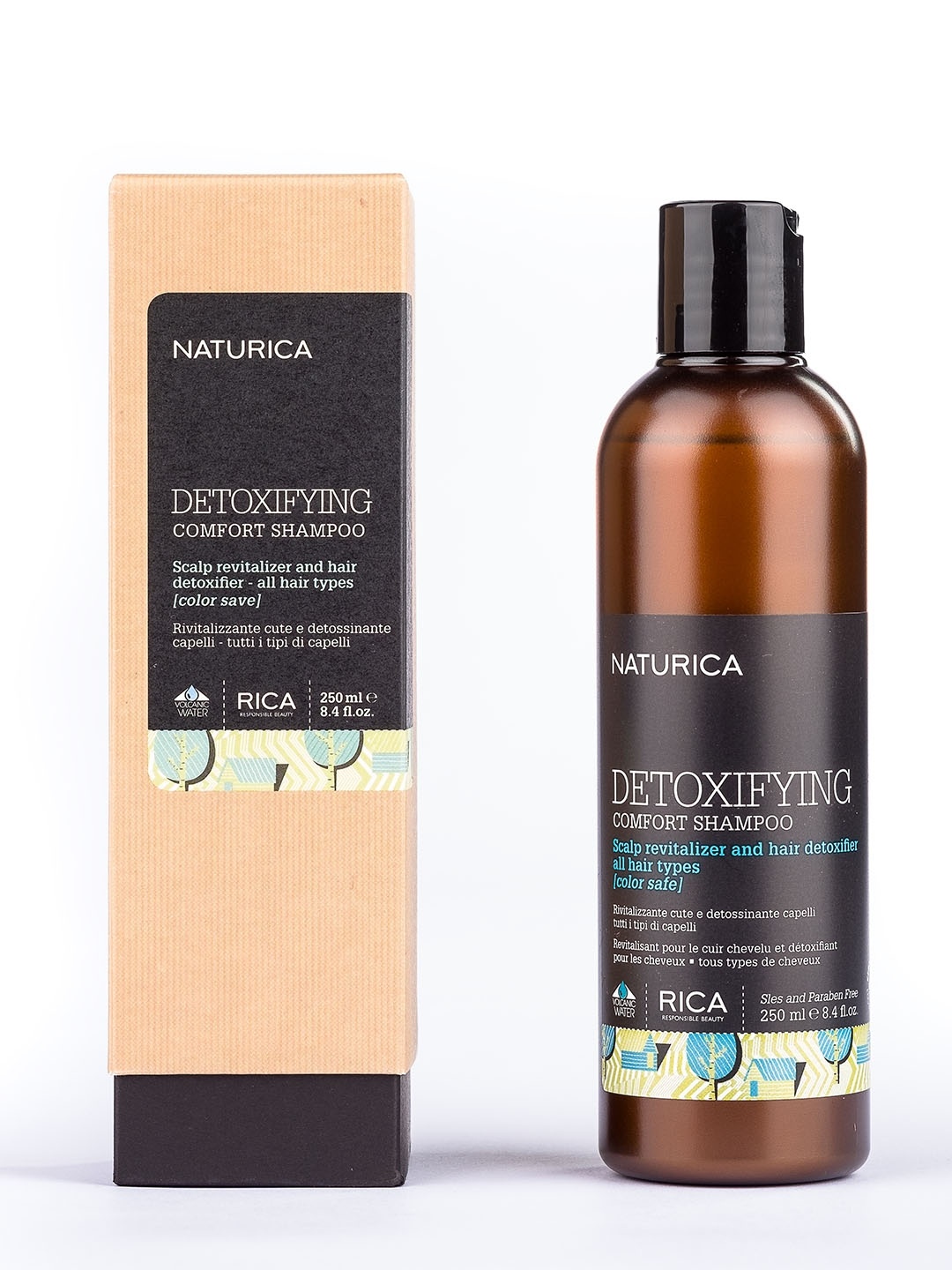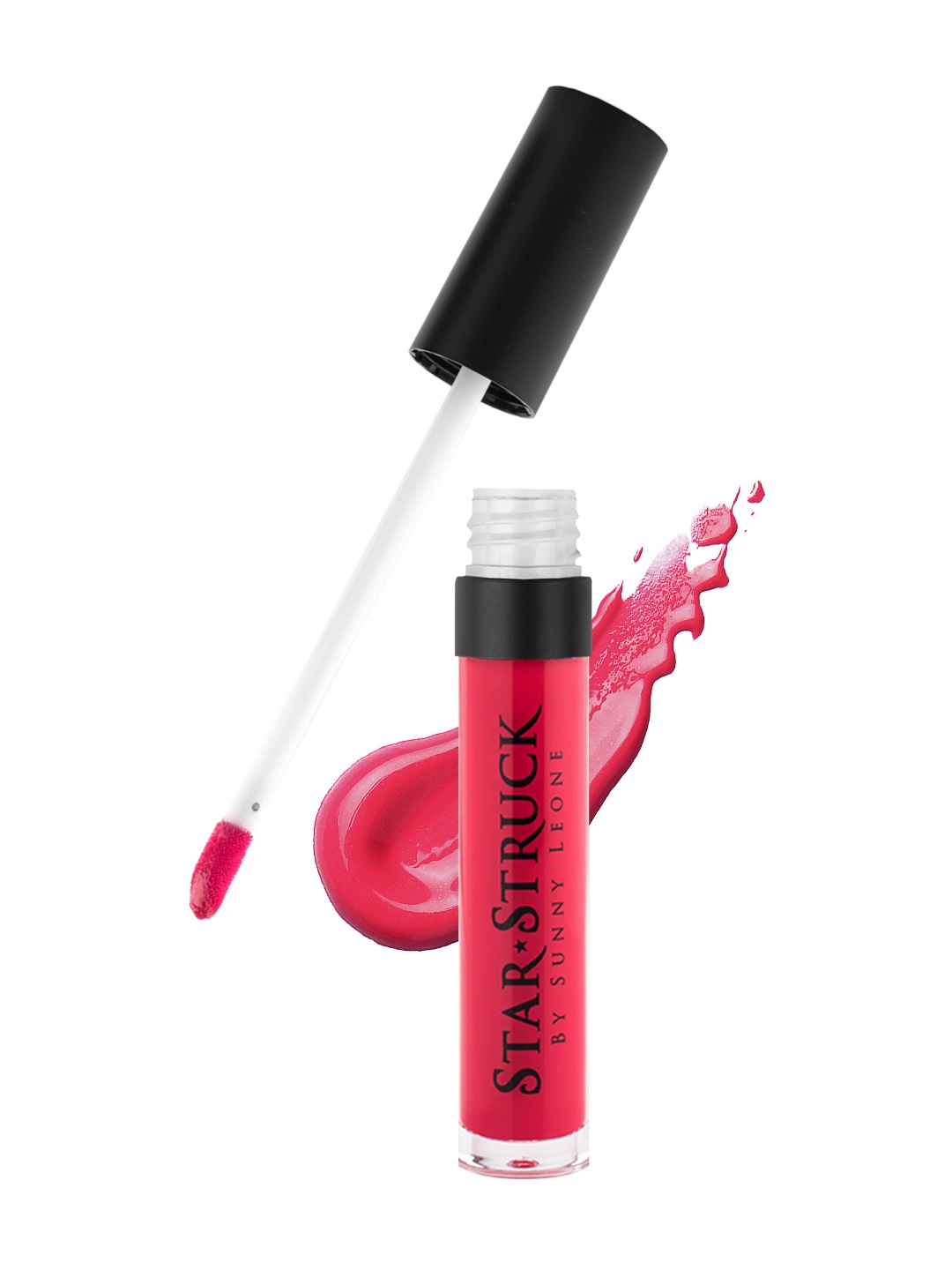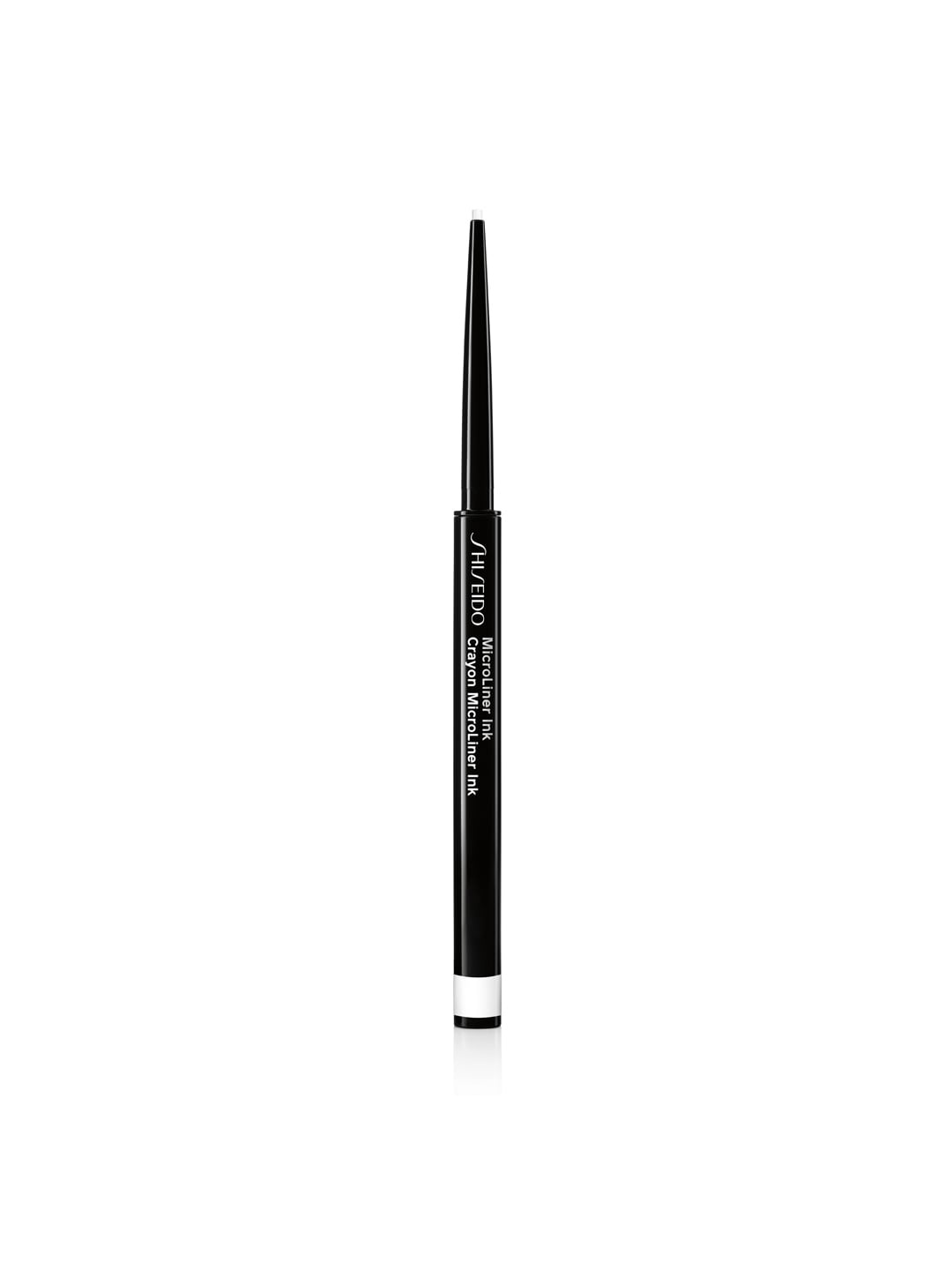Explore How To Take Care Of Crusty Dry Heels At Home In 5 Easy Steps
Smooth, soft, and healthy feet start with consistent care. Here are 5 easy steps that can help you learn how to take care of crusty, dry heels at home.

Discover 5 easy steps to make your dry heels feel smooth and softer
Summer and monsoon bring the perfect time to wear your favourite footwear and flaunt your fashion game. But with constant dryness, dirt, and lack of moisturisation, your heels can quickly become dry, crusty, and cracked. While they may seem minor at first, untreated dry heels can lead to discomfort and pain later. Thankfully, the solution is not always expensive salon treatments. With the right products, techniques, and some extra care, you can restore smoothness and keep your feet healthy. Here is how to take care of crusty, dry heels at home.

Read how to make your dry heels feel softer and smoother again
Photo Credit: FreePik
5 Steps To Take Care Of Crusty Dry Heels At Home
1. Soak Your Feet
A pedicure session to treat dry heels at home starts with a good foot soak of about 15-20 minutes. So, before using any foot care products, Use any bucket and fill it with warm water and a little Epsom salt. Soak your feet to soften the skin and prepare it for further stages of exfoliation. This small step can also reduce fatigue after long hours of standing or walking.
2. Move On To Exfoliation
Once the skin is softened, the next step is to exfoliate while the skin is still damp. Take a pumice stone or a metal foot file and start scrubbing it on your heels. Use gentle pressure and circular motions to remove dead skin cells and make your skin feel smoother and softer. Avoid scrubbing too harshly, as it can cause micro-tears.
You can explore a wide range of foot scrubbing tools, meant to be used on wet or dry skin. These tools feature ergonomic handles and unique scrubbing surfaces.

Use a pumice stone or heel filer to remove loose, dead skin cells; Photo Credit: FreePik
3. Apply Heel Repair Cream
Once exfoliation is done, it is time to hydrate your skin. Wash your feet with warm water to remove dead skin cell residue and pat dry with a clean towel. While the skin is still damp, apply a thick layer of heel repair cream and gently massage it until fully absorbed. Look for creams with moisturising ingredients, such as glycerin and shea butter.
While foot soaks and exfoliation sessions are enough once or twice a week, applying heel cream should be a regular thing. Make sure to use foot creams before going to bed to heal your skin, resulting in softer and healthier-looking heels.
Also Read: 7 Pedicure Tools You Need For Smooth And Soft Steps Ahead
4. Use Gel Heel Socks
One great tip that can boost the effectiveness of creams is to lock in moisture with gel heel socks. Unlike regular ones, these socks contain a layer of silicone gel that protects heels from friction. Moreover, they keep the moisturiser in place, allowing deeper penetration into the skin. In other words, you don't have to worry about the bedsheets being smothered with creams and other skincare.

Use silicone socks after applying moisture to lock in all the goodness for long
Photo Credit: FreePik
5. Keep Feet Sweat-Free And Dry
When exposed to dust, dirt, and sweat, cracked heels can worsen quickly. Some people like using antifungal foot powder that absorbs excess moisture, leaving their feet feeling fresh all day long. Infused with the goodness of ingredients like neem and tea tree oil, these powders are also helpful in reducing odour. Just lightly dust inside your socks or shoes and enjoy sweat-free feet.
Taking care of crusty, dry heels at home is not rocket science. With the right combination of soaking, exfoliation, moisturisation, and protection, you can restore the smooth and softer-looking feet in no time. The key is being consistent and remembering that Rome wasn't built in a day. Make it a habit to take care of your feet, and you may no longer have to deal with dry, cracked heels again. You can also buy products to heal dry heels at home and save yourself from expensive salons.
Overview Of How To Take Care Of Dry Heels At Home
| Steps | Tools/Products Used | Frequency |
|---|---|---|
| Soak your feet | Bucket/basin, warm water, Epsom salt | 1-2 times a week |
| Exfoliate | Pumice stone/foot sile | 1-2 times a week |
| Apply cream | Heel repair cream | Daily before bed |
| Use gel heel socks | Gel heel socks | 2-3 times a week or as required |
| Keep feet dry | Foot powder | Daily |
Products Related To This Article
1. Chemist at Play Dry Cracked Heels Foot Cream For Diabetic Foot - 50g
2. Be Bodywise 20% Urea Roll On For Cracked Heels- 50 ml
3. moha Heal Cracked Heels and Detoxify Foot Papaya And Aloe Care Cream - 100g
4. ZAUKY Foot Scrubber Tool Callus Remover - Black
5. Mintree 11 Step Intense Detox Pedicure Kit For Dry And Cracked Heels- 172 g
6. KAZARMAA Set of 2 Lemon Grass Foot Scrub And Cream For Repairing Cracked Heal
7. MATRA Anti Crack Heel Repair Silicone Socks
8. FIXDERMA Heel Repair Foot Cream For Dry And Cracked Feet - 150g
9. Trycone Crack Heel Repair Foot Cream Velvet Touch With Rose Petal - 100 Gm
10. Oriflame Set Of 2 Feet Up Comfort Overnight Foot Cream-75 ml With Foot File
Frequently Asked Questions (FAQs)
1. How to treat hard, crusty heels?
Some tips to treat crusty heels include softening the skin with warm water and using a pumice stone to remove dead skin cells. Lastly, apply a thick layer of foot cream.
2. Why do heels get so crusty?
Some common culprits of dry, crusty heels include dirt, lack of moisture, accumulation of thickened skin, and ageing.
3. Can I put Vaseline on dry heels?
Yes, you can put Vaseline on dry heels. It can lock in moisture and rehydrate your skin, especially when applied to damp skin.
4. How to moisturise feet overnight?
To moisturise your feet overnight, first soak and clean with warm water. Next, use any thick moisturiser on damp skin and cover your feet with silicone gel socks for better absorption.
5. Should I wear socks after applying Vaseline?
Wearing socks after applying vaseline can prevent the product from going to waste. It also gives Vaseline a chance to lock in moisture for long and boost the healing process.
Disclaimer: The images used in this article are for illustration purpose only. They may not be an exact representation of the products, categories and brands listed in this article.

























